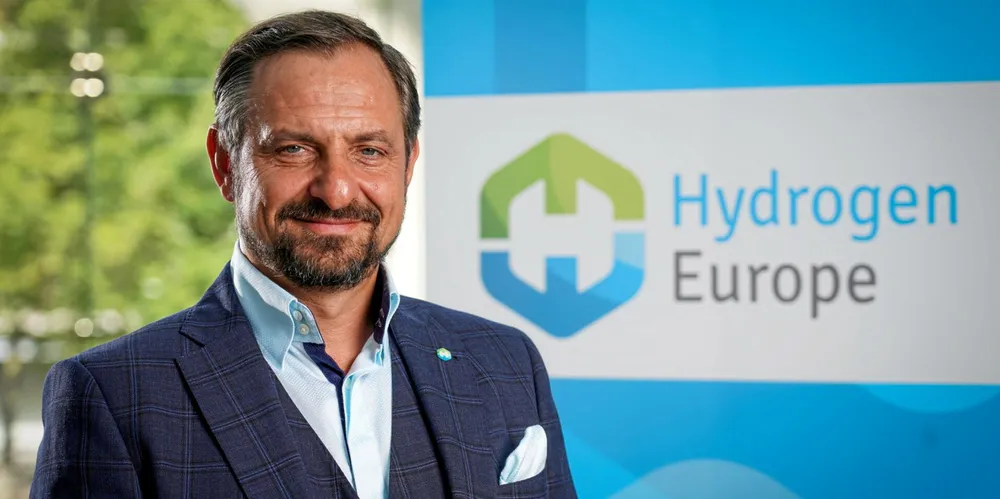EU's plan to only allow green H2 to be produced from new renewables projects 'makes no sense': Hydrogen Europe boss
The more relaxed policy in India's new interim hydrogen strategy is a far better approach, Jorgo Chatzimarkakis tells Recharge

The more relaxed policy in India's new interim hydrogen strategy is a far better approach, Jorgo Chatzimarkakis tells Recharge
